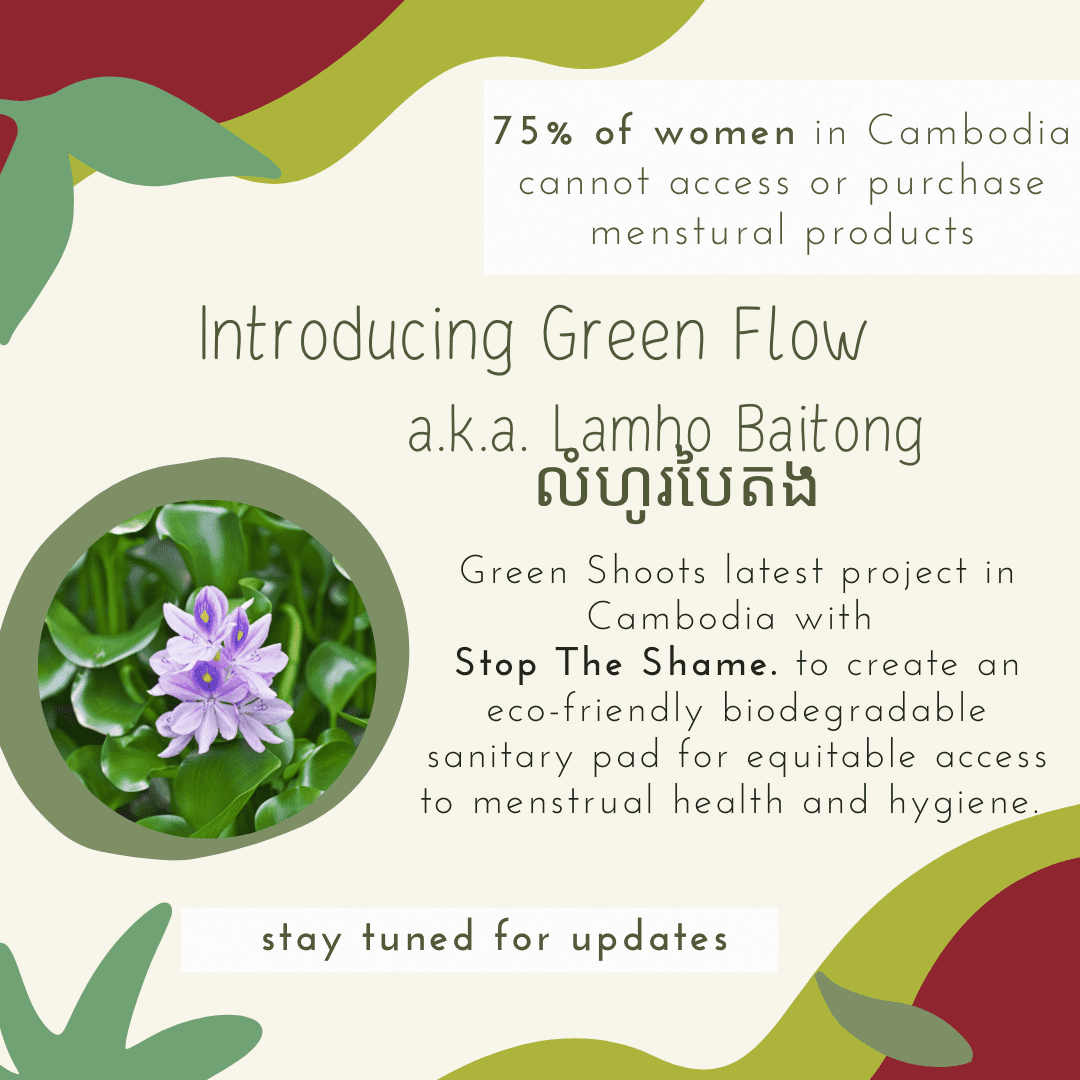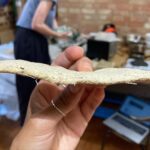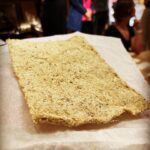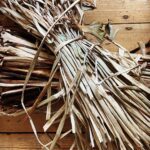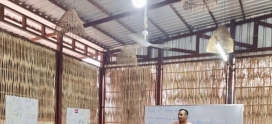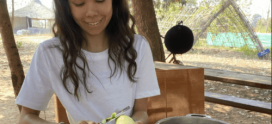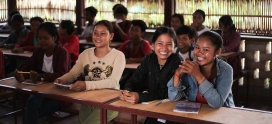GreenFlow/Lamho Baitong/លំហូរបៃតង
75% of women in Cambodia do not have access to sanitary products. 33% of public schools do not have toilets. This can be because supplies are limited, sanitary products such as pads can be expensive and whats more, they can also lead to plastic waste. Whats is the solution?
eco-pads! The aisles of WholeFoods, Super Drug and the search options online are full of environmentally friendly, biodegradeable sanitary pads- some of which are reusable (i.e. handwashing) and others single-use. Many of which are made from bamboo or other plant-based material. However do we really need more bamboo plantations to supplement our pad supply? Or how can we be certain reusable ones are worn hygienically when running water is an issues?
Around 11,000 products can be used in a lifetime of menstruation. Given our commitment to sustainable materials, Green Shoots partnered with Stop the Shame. in January 2022 to embark on a journey to create a disposable pad that is 100% environmentally friendly and compostable. We want the pad to be a product of surplus (such as cotton rags from factories, water hyacinth that grows in abundance and biochar) and easy enough to make in small enterprises.
Last week we hosted a hackathon with UCL students, as part of a UCL volunteering led challenge. Together with the guidance of Anouska Cole, we tasked our group of students to create an eco-friendly sanitary pad prototype and a Life Cycle Assessment to prove its environmental credentials.
After 14 different tries using various ratios of re-hydrated dried water hyacinth and cotton fibers, we had our prototype. The back of which is coated with beeswax to give it a leak-proof finish.
Why Water Hyacinth?
An invasive aquatic weed that can double in quantity over a week is the ideal raw material to use. Once dried, its stalks can be extremely absorbent given their spongy texture. So far dried water hyacinth is used for making baskets, matting and we are excited to get into further trials to perfect our prototype.
What happens after the prototype?
Using our track-record of medical health and education in Myanmar, we want to bring that model to Cambodia as well. For this we will take the eco-pads to schools and like-minded institutions and conduct menstrual health and hygiene workshops for young people.
Stop the Shame. is also intending to film this process for an upcoming documentary.
Keep following our journey online https://www.instagram.com/greenshootsfoundation/

